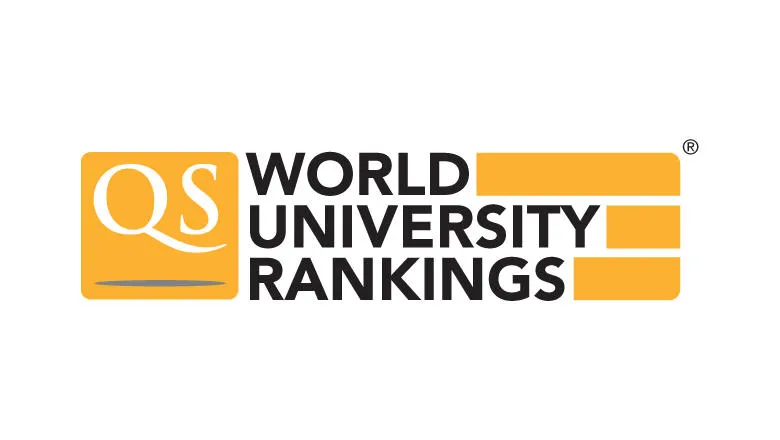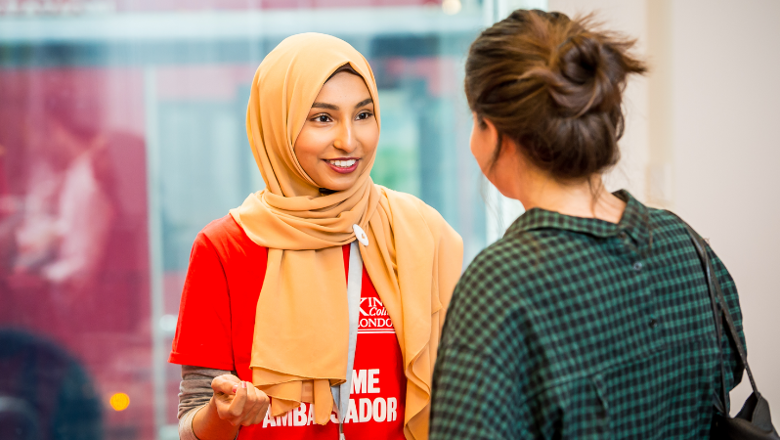
Book a one-to-one, 15-minute online session with Dr David Moyes, the programme lead for our MSc in Microbiome in Health & Disease.
These exclusive sessions are the perfect opportunity to learn more about the course, ask any questions you have, and gain expert advice tailored to your academic or career goals.
Sessions run regularly throughout March to May. Book your place here.







